Category: News
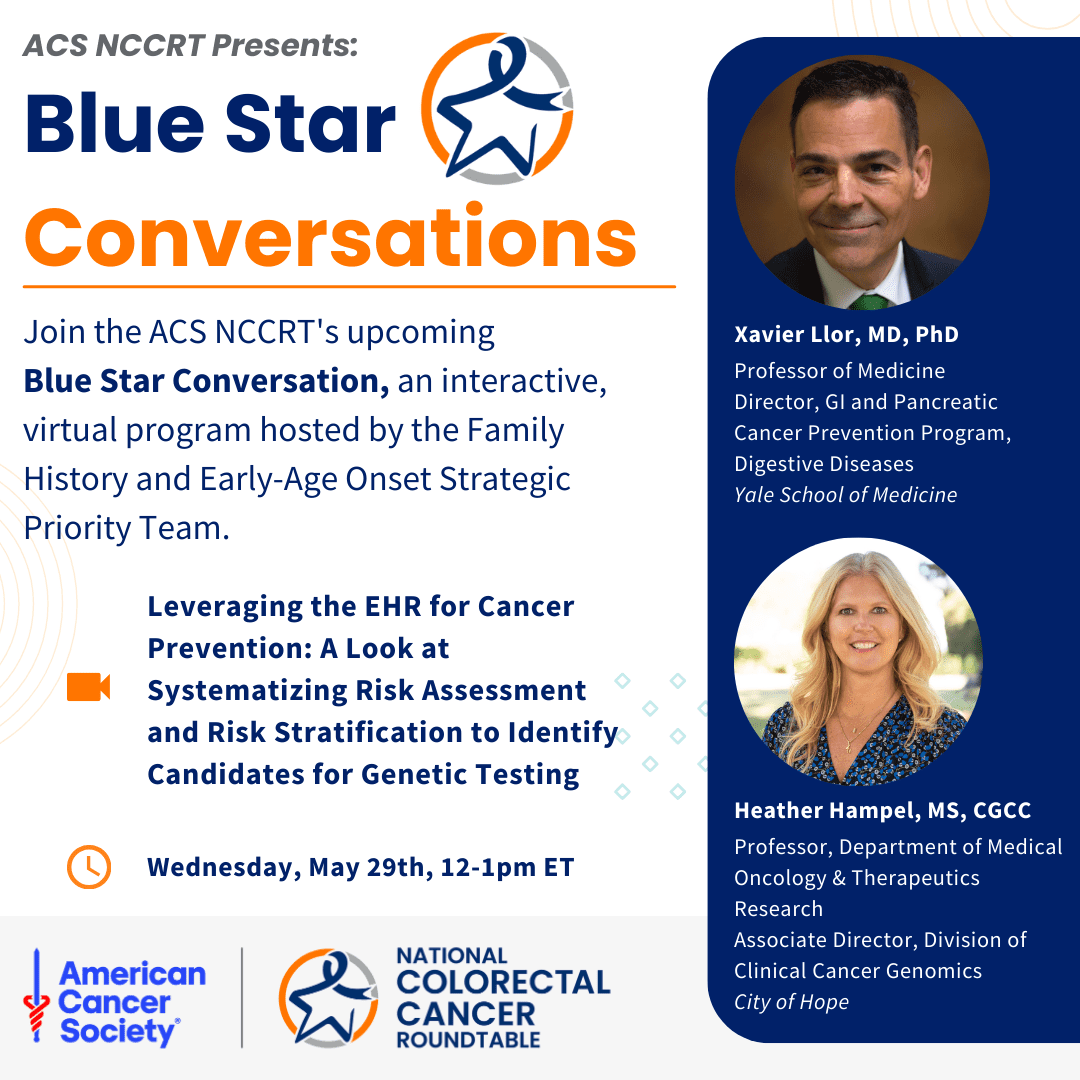
NEW!
CRC News: April 16, 2024
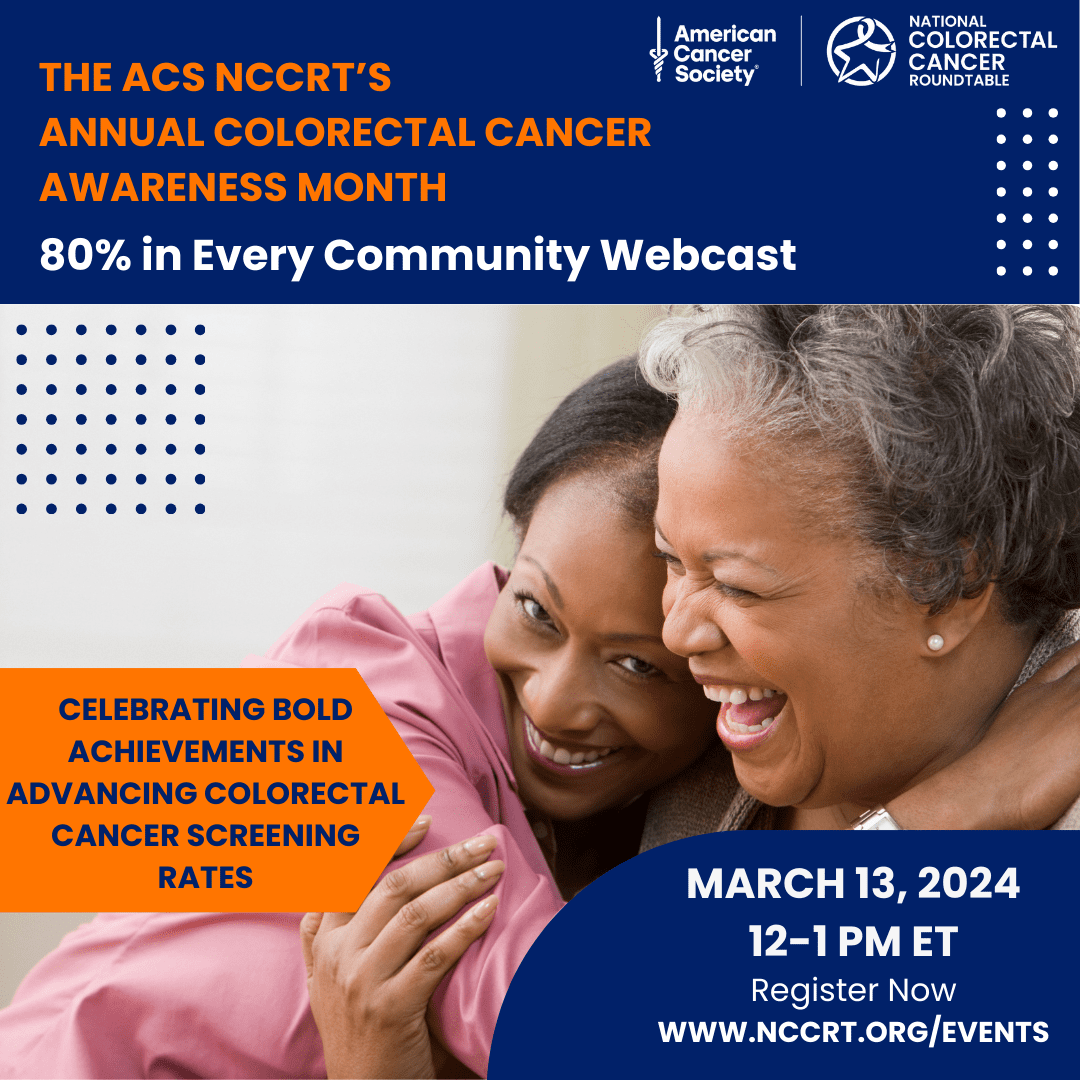
NEW!
CRC News: March 19, 2024
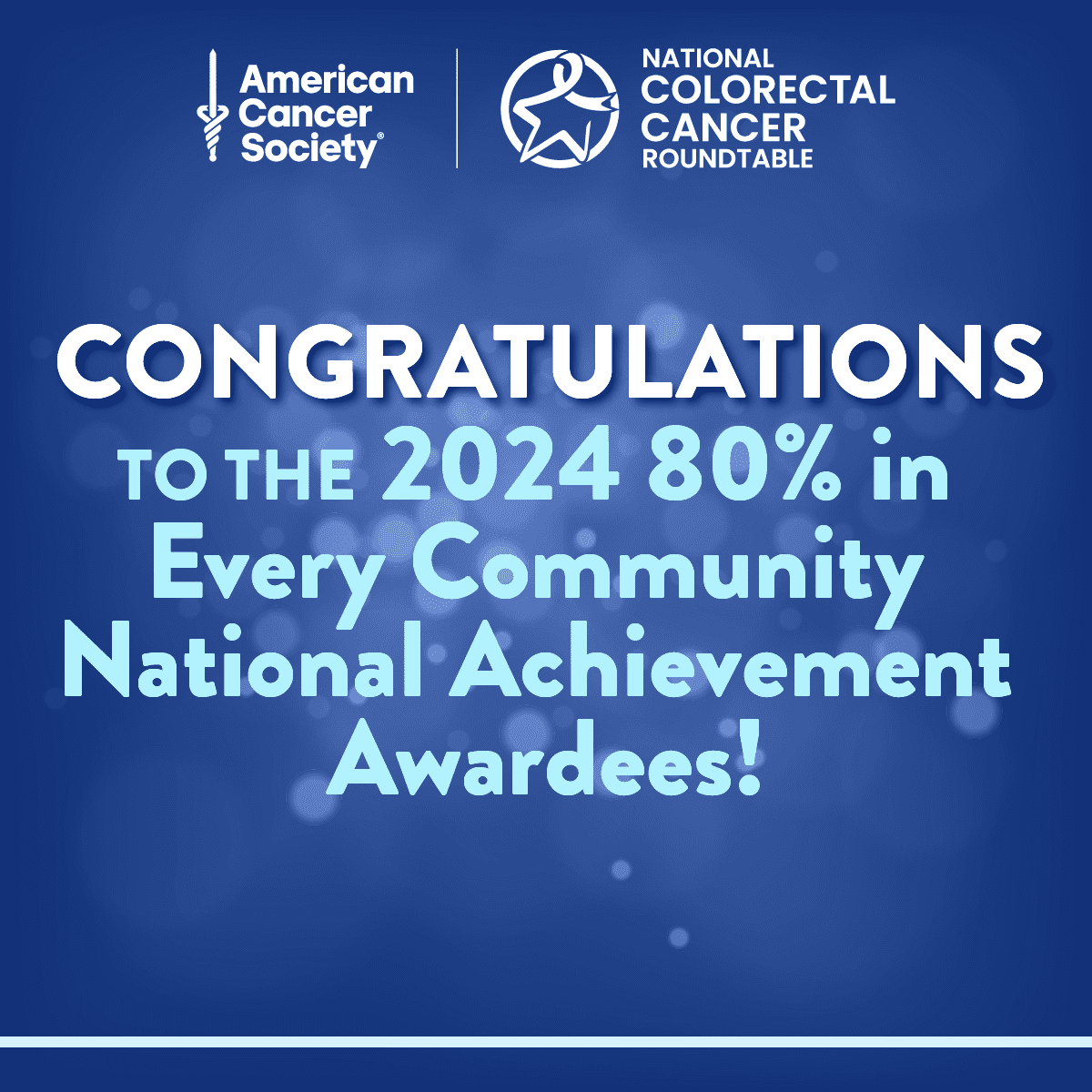
NEW!
CRC News: March 5, 2024

NEW!
2024 80% in Every Community National Awardees Announced
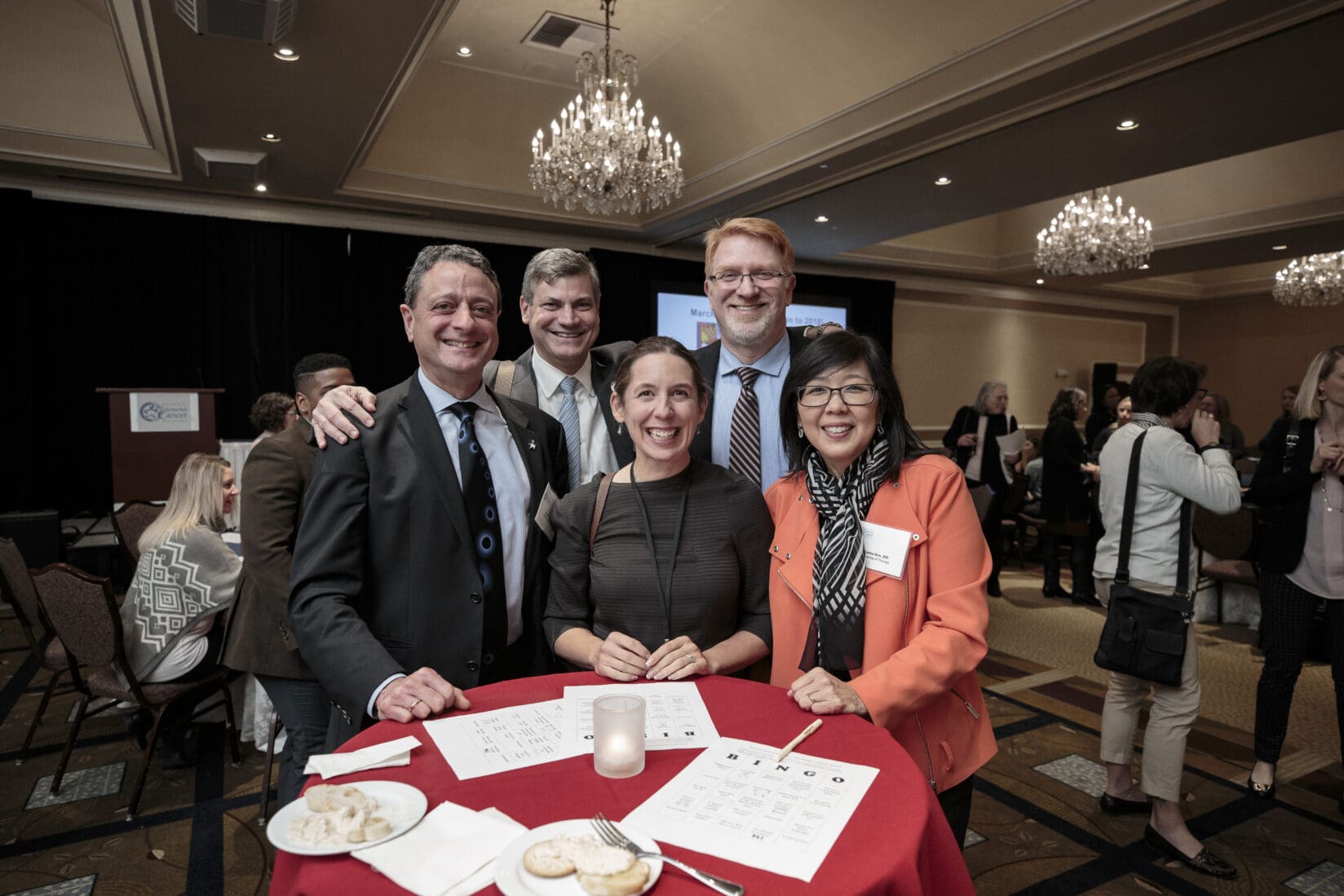
NEW!
CRC News: February 29, 2024

NEW!
Dr. Gloria Coronado Selected as Vice-Chair Elect of the ACS NCCRT

NEW!
CRC News: February 15, 2024

NEW!
CRC News: February 7, 2024
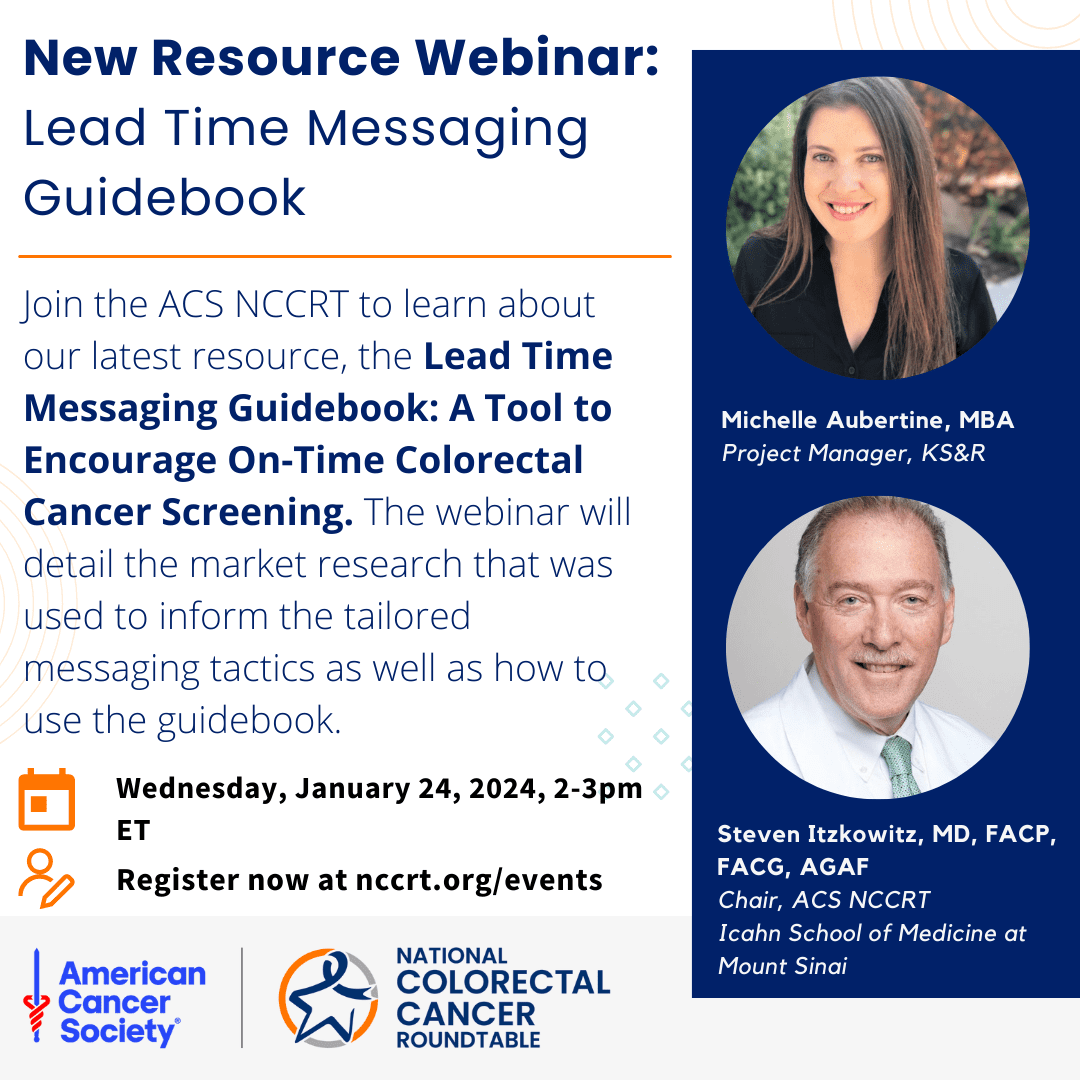
NEW!